Shop Seeds
Add structure, texture, and movement to your garden with hardy grasses – low-maintenance, drought-tolerant plants perfect for borders, containers, and naturalistic planting. Choose from a wide range of perennial and evergreen grasses that thrive in UK gardens. Buy quality grasses online from Middleton Nurseries today.
-
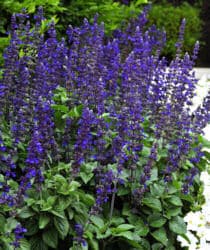
Out of stock
Salvia ‘Big Blue’
£5.00 – £12.00Price range: £5.00 through £12.00 Select options This product has multiple variants. The options may be chosen on the product page -

Out of stock
Salvia ‘Sancho Purple’
£5.00 – £12.00Price range: £5.00 through £12.00 Select options This product has multiple variants. The options may be chosen on the product page -

Out of stock
Salvia ‘Sancho Red’
£5.00 – £12.00Price range: £5.00 through £12.00 Select options This product has multiple variants. The options may be chosen on the product page -

Out of stock
Salvia ‘Sancho Salmon’
£5.00 – £12.00Price range: £5.00 through £12.00 Select options This product has multiple variants. The options may be chosen on the product page -

Out of stock
Salvia ‘Sancho White’
£5.00 – £12.00Price range: £5.00 through £12.00 Select options This product has multiple variants. The options may be chosen on the product page -
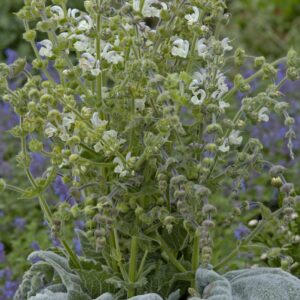
Out of stock
Salvia argentea ‘Artemis’
£5.00 – £12.00Price range: £5.00 through £12.00 Select options This product has multiple variants. The options may be chosen on the product page -

Out of stock
Salvia coccinea ‘Snow Nymph’
£5.00 – £12.00Price range: £5.00 through £12.00 Select options This product has multiple variants. The options may be chosen on the product page -
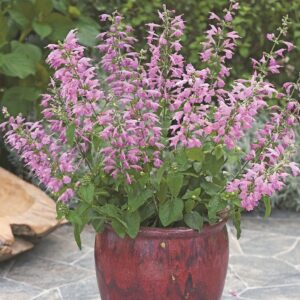
Out of stock
Salvia coccinea ‘Summer Jewel Lavender’
£5.00 – £12.00Price range: £5.00 through £12.00 Select options This product has multiple variants. The options may be chosen on the product page -
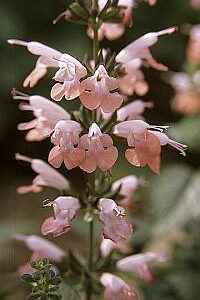
Out of stock
Salvia coccinea ‘Summer Jewel Pink’
£5.00 – £12.00Price range: £5.00 through £12.00 Select options This product has multiple variants. The options may be chosen on the product page -
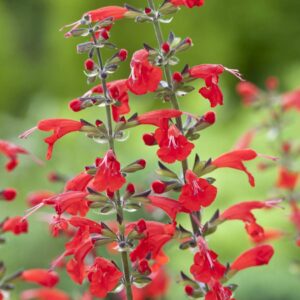
Out of stock
Salvia coccinea ‘Summer Jewel Red’
£5.00 – £12.00Price range: £5.00 through £12.00 Select options This product has multiple variants. The options may be chosen on the product page -
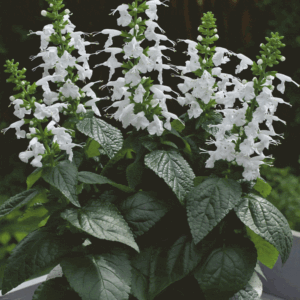
Out of stock
Salvia coccinea ‘Summer Jewel White’
£5.00 – £12.00Price range: £5.00 through £12.00 Select options This product has multiple variants. The options may be chosen on the product page -
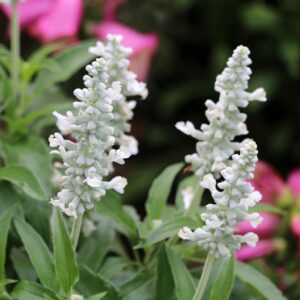
Out of stock
Salvia farinacea ‘Cirrus’
£5.00 – £12.00Price range: £5.00 through £12.00 Select options This product has multiple variants. The options may be chosen on the product page -
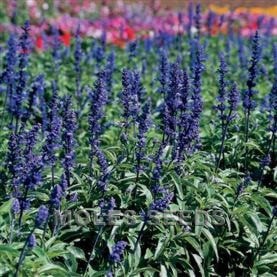
Out of stock
Salvia farinacea ‘Victoria’
£5.00 – £12.00Price range: £5.00 through £12.00 Select options This product has multiple variants. The options may be chosen on the product page -
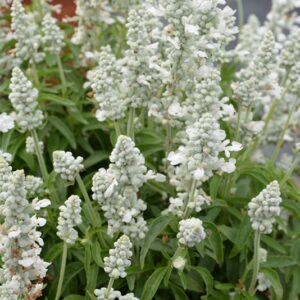
Out of stock
Salvia farinacea ‘White’
£5.00 – £12.00Price range: £5.00 through £12.00 Select options This product has multiple variants. The options may be chosen on the product page -
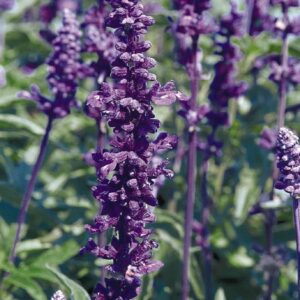
Out of stock
Salvia farinacea ‘Evolution Violet’
£5.00 – £12.00Price range: £5.00 through £12.00 Select options This product has multiple variants. The options may be chosen on the product page -
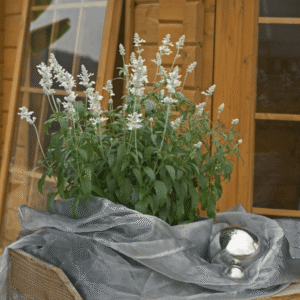
Out of stock
Salvia farinacea ‘Evolution White’
£5.00 – £12.00Price range: £5.00 through £12.00 Select options This product has multiple variants. The options may be chosen on the product page -
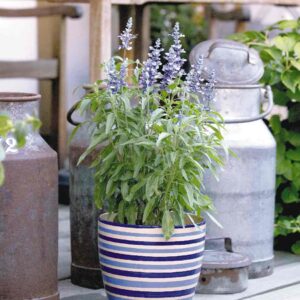
Out of stock
Salvia farinacea ‘Fairy Queen’
£5.00 – £12.00Price range: £5.00 through £12.00 Select options This product has multiple variants. The options may be chosen on the product page -
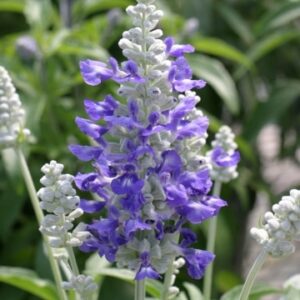
Out of stock
Salvia farinacea ‘Strata’
£5.00 – £12.00Price range: £5.00 through £12.00 Select options This product has multiple variants. The options may be chosen on the product page -

Out of stock
Salvia horminum ‘Say So Blue’
£5.00 – £12.00Price range: £5.00 through £12.00 Select options This product has multiple variants. The options may be chosen on the product page -

Out of stock
Salvia horminum ‘Say So Rose’
£5.00 – £12.00Price range: £5.00 through £12.00 Select options This product has multiple variants. The options may be chosen on the product page -
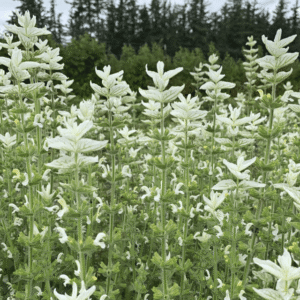
Out of stock
Salvia horminum ‘Say So White’
£5.00 – £12.00Price range: £5.00 through £12.00 Select options This product has multiple variants. The options may be chosen on the product page -

Out of stock
Salvia horminum ‘Oxford Blue’
£5.00 – £12.00Price range: £5.00 through £12.00 Select options This product has multiple variants. The options may be chosen on the product page -

Out of stock
Salvia horminum ‘Pink Sunday’
£5.00 – £12.00Price range: £5.00 through £12.00 Select options This product has multiple variants. The options may be chosen on the product page -
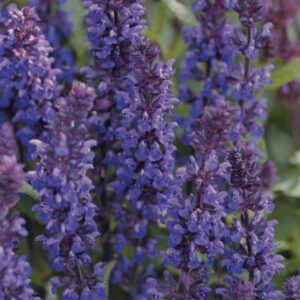
Out of stock
Salvia nemorosa ‘New Dimension Blue’
£5.00 – £12.00Price range: £5.00 through £12.00 Select options This product has multiple variants. The options may be chosen on the product page -

Out of stock
Salvia patens ‘Patio Deep Blue’ (Seed)
£5.00 – £12.00Price range: £5.00 through £12.00 Select options This product has multiple variants. The options may be chosen on the product page -
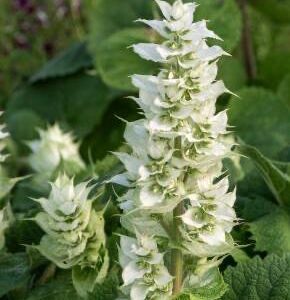
Out of stock
Out of stock
Out of stock
Out of stock
Salvia sclarea var. turkestanica ‘Vatican White’
£5.00 – £12.00Price range: £5.00 through £12.00 Select options This product has multiple variants. The options may be chosen on the product page -

Out of stock
Salvia Splendens ‘Sizzler Formula Mixed’
£5.00 – £12.00Price range: £5.00 through £12.00 Select options This product has multiple variants. The options may be chosen on the product page -

Out of stock
Salvia splendens ‘Amore Purple’
£5.00 – £12.00Price range: £5.00 through £12.00 Select options This product has multiple variants. The options may be chosen on the product page -
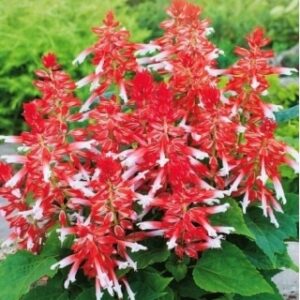
Out of stock
Salvia splendens ‘Amore Scarlet Bicolour’
£5.00 – £12.00Price range: £5.00 through £12.00 Select options This product has multiple variants. The options may be chosen on the product page -
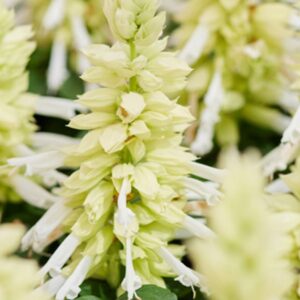
Out of stock
Salvia splendens ‘Amore White’
£5.00 – £12.00Price range: £5.00 through £12.00 Select options This product has multiple variants. The options may be chosen on the product page -

Out of stock
Salvia splendens ‘Cover Girl’
£5.00 – £12.00Price range: £5.00 through £12.00 Select options This product has multiple variants. The options may be chosen on the product page -

Out of stock
Salvia splendens ‘Flipside Mix’
£5.00 – £12.00Price range: £5.00 through £12.00 Select options This product has multiple variants. The options may be chosen on the product page -

Out of stock
Salvia splendens ‘Mojave Bicolour’
£5.00 – £12.00Price range: £5.00 through £12.00 Select options This product has multiple variants. The options may be chosen on the product page -

Out of stock
Salvia splendens ‘Mojave Purple’
£5.00 – £12.00Price range: £5.00 through £12.00 Select options This product has multiple variants. The options may be chosen on the product page -

Out of stock
Salvia splendens ‘Mojave Red’
£5.00 – £12.00Price range: £5.00 through £12.00 Select options This product has multiple variants. The options may be chosen on the product page -

Out of stock
Salvia splendens ‘Mojave Salmon’
£5.00 – £12.00Price range: £5.00 through £12.00 Select options This product has multiple variants. The options may be chosen on the product page -
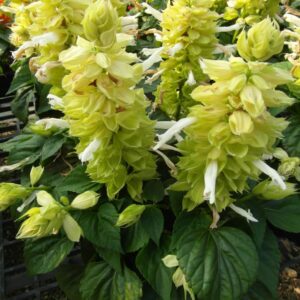
Out of stock
Salvia splendens ‘Mojave White’
£5.00 – £12.00Price range: £5.00 through £12.00 Select options This product has multiple variants. The options may be chosen on the product page -

Out of stock
Salvia splendens ‘Red Hill’
£5.00 – £12.00Price range: £5.00 through £12.00 Select options This product has multiple variants. The options may be chosen on the product page -

Out of stock
Out of stock
Salvia splendens ‘Reddy Bright Red’
£5.00 – £12.00Price range: £5.00 through £12.00 Select options This product has multiple variants. The options may be chosen on the product page -
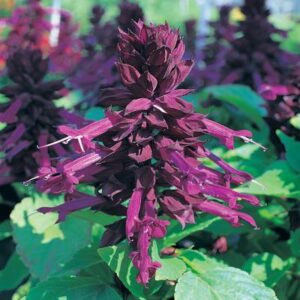
Out of stock
Salvia splendens ‘Sizzler Purple’
£5.00 – £12.00Price range: £5.00 through £12.00 Select options This product has multiple variants. The options may be chosen on the product page -
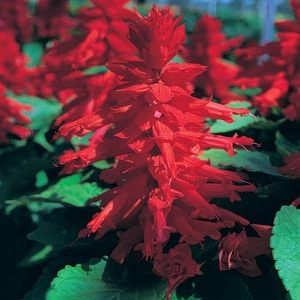
Out of stock
Salvia splendens ‘Sizzler Red’
£5.00 – £12.00Price range: £5.00 through £12.00 Select options This product has multiple variants. The options may be chosen on the product page
🌼 How to Care for Grasses
Most grasses thrive in full sun (6–8 hours daily). Some varieties can tolerate partial shade, but flowering may be reduced.
Grasses prefer well-drained soil, ideally light and moderately fertile. Heavy, waterlogged soil should be avoided to prevent root issues.
The best time to plant is spring or early autumn. Space them according to their mature size, plant at the same depth as their containers, firm in, and water well.
Water regularly during their first growing season. Once established, most grasses are drought-tolerant and only need water during prolonged dry periods.
Most grasses don’t need much feeding. In poor soils, a light compost mulch or a slow-release fertiliser in early spring is sufficient. Too much feeding can make them floppy.
Add structure, texture, and movement to your garden with hardy grasses – low-maintenance, drought-tolerant plants perfect for borders, containers, and naturalistic planting. Choose from a wide range of perennial and evergreen grasses that thrive in UK gardens. Buy quality grasses online from Middleton Nurseries today.
Divide clumps every 2–4 years to keep them healthy. The best time is early spring before new growth or late summer for warm-season types.
Many grasses are perennial, dying back in winter and returning in spring. Some types, like carex, are evergreen and stay attractive year-round.
Grasses are usually low-maintenance and pest-resistant. In overly wet or crowded conditions, issues like mildew, rust, or aphids may occasionally appear.
Common reasons include too much shade, overfeeding, or lack of division. Move to a sunnier spot, divide overgrown clumps, and avoid high-nitrogen fertiliser.
